In 2015, the French studio Don't Nod set a new benchmark for interactive dramas with Life is Strange, an enthralling adventure about the beauty of everyday moments, unbreakable friendship, and the inevitability of time. Players fell in love with its delicate attention to detail, the ability to explore the world and make a tangible impact on it. Subsequent projects saw the developers experimenting with different genres, but none managed to reignite the spark in fans' hearts.
Years later, Don't Nod returns to its roots and once again tells a coming-of-age story. Lost Records isn't just interactive cinema: it's an ode to a bygone era and carefree youth. With its perfect atmosphere that we've long missed, vivid characters, and unpredictable choices, this game captivates players.
Friends Reunite to Uncover Secrets from the Past After 27 Years
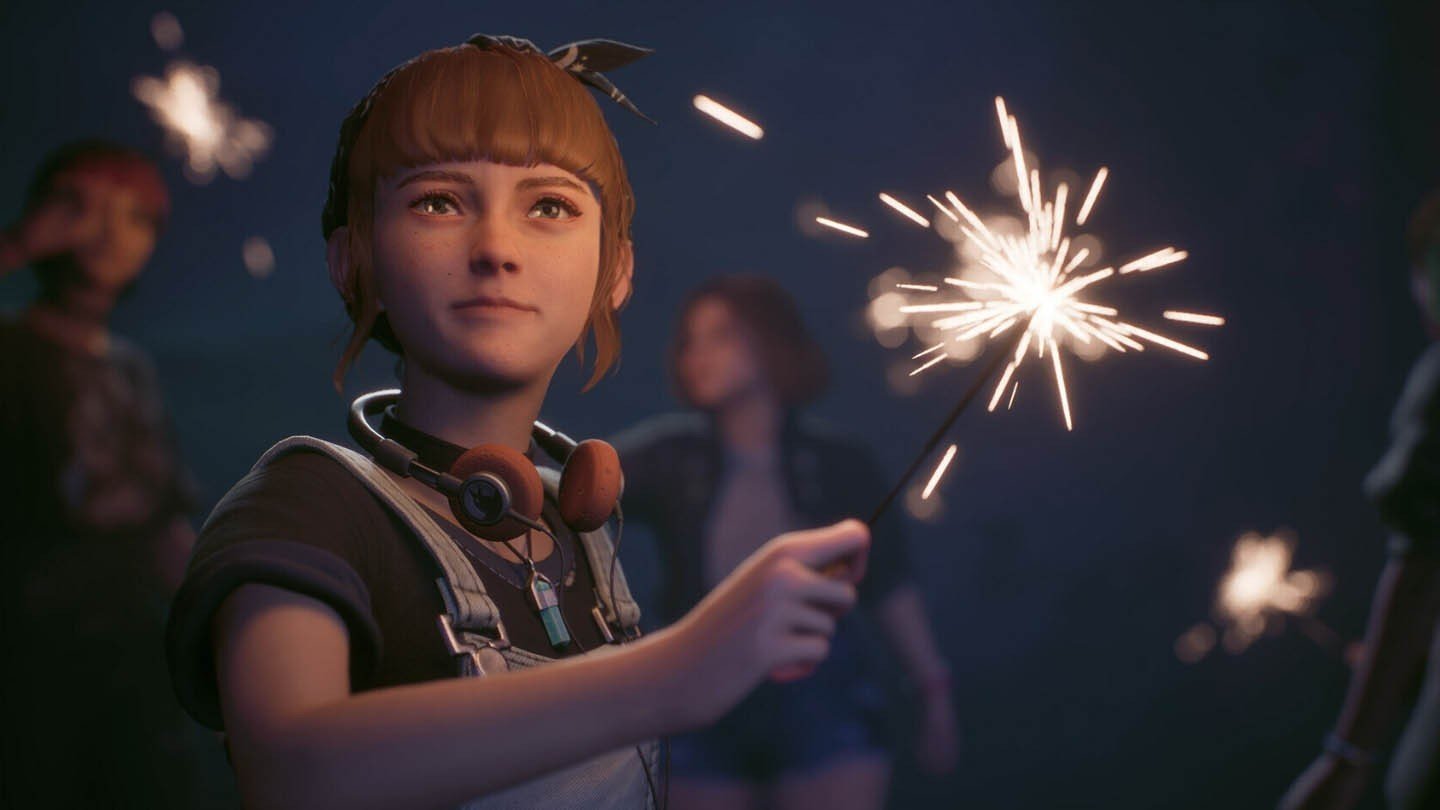 Image: ensigame.com
Image: ensigame.com
At the heart of the story lies the tale of four women whose friendship ended 27 years ago. Our protagonist Swan Holloway returns to her hometown of Velvet Bay for a reunion with her friends and discovers someone has sent them a package from the past. A forest, an abandoned house, and secrets better left untouched—forgotten memories come alive before their eyes. This is what Bloom & Rage represents: a summer night's dream relived.
The narrative unfolds across two timelines simultaneously. At one moment, we're transported to 1995 when grass was greener and the sun shone brighter, while another pulls us back to 2022. The heroines are now in their forties, sitting in a bar with awkward smiles as they try to avoid discussing the terrible incident that caused them to drift apart. Even the camera switches to first-person mode to emphasize the difference.
However, most of the gameplay takes place in the past. Players explore stunning locations, develop relationships, and document events using a vintage HVS camera.
Video recording is a key mechanic. Like Max in Life is Strange, Swan loves filming graffiti, birds and animals, people, and even paranormal traces.
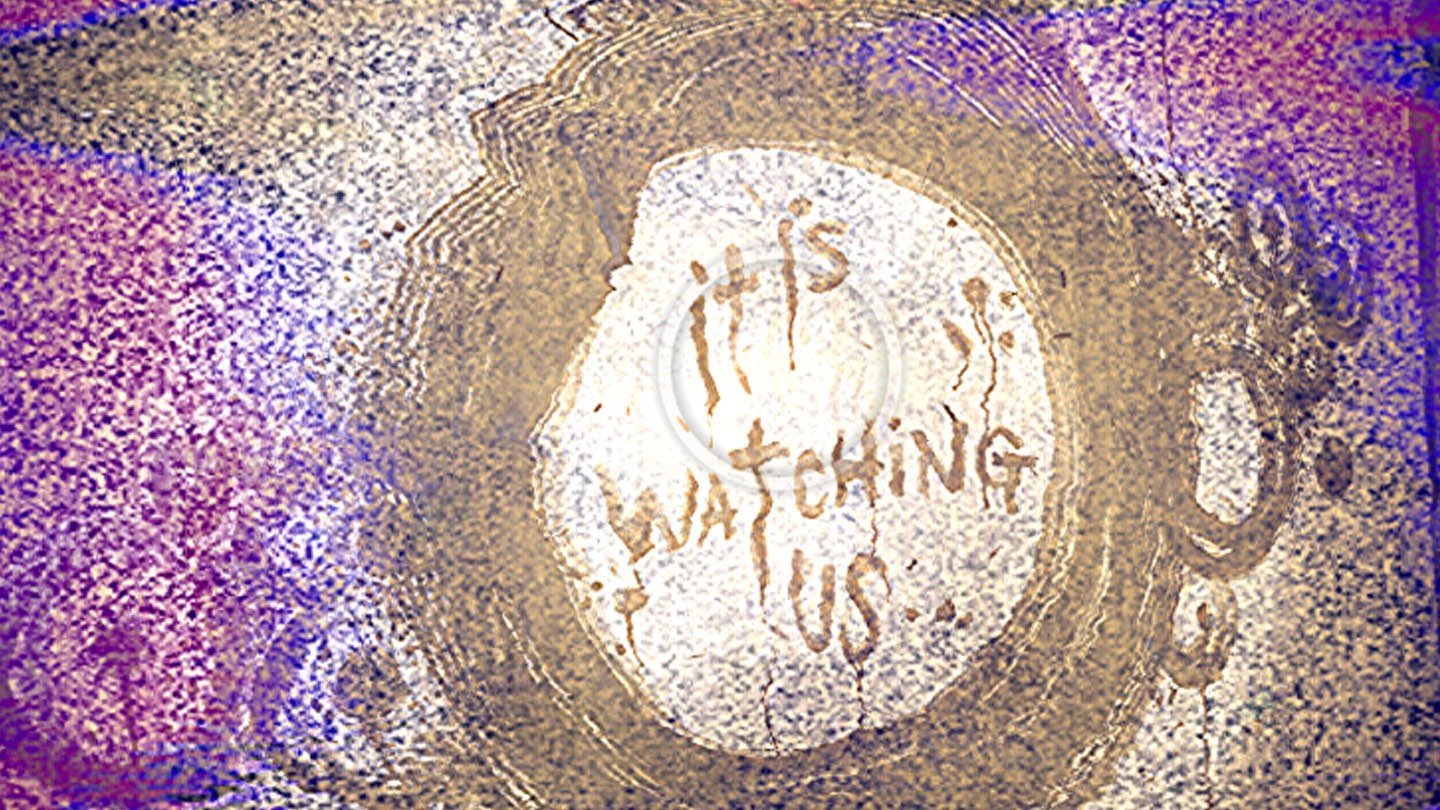 Image: ensigame.com
Image: ensigame.com
In a separate menu, collected footage can be edited into short films. These clips are categorized by themes, and Swan always comments on the results. Some documentaries appear in the storyline, although they don't affect it.
Meanwhile, decisions made during gameplay influence the story. They have both long-term consequences and less significant effects. There are currently fewer long-lasting impacts due to the episodic nature of the game and the main issue (or feature) of its narrative.
Choices Still Impact Surroundings, Dialogues, and Relationships
Lost Records delights with interactivity and attention to detail, qualities expected from Don't Nod projects.
For instance, in one scene, Swan mentions wanting ice cream from a nearby truck. You can either go buy some or ignore her desire and continue with other tasks. If you delay, the truck will close, and conversations with new acquaintances will change accordingly.
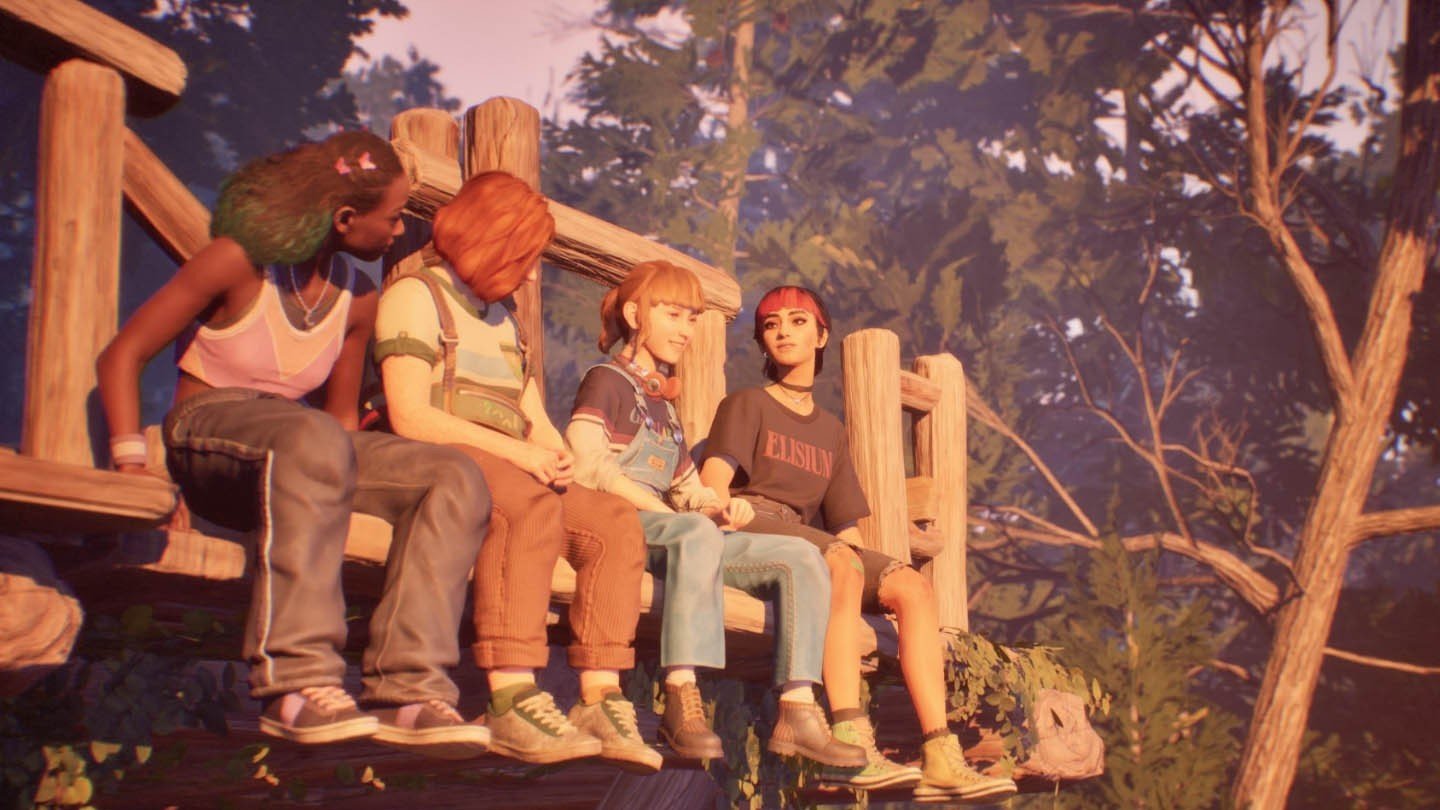 Image: ensigame.com
Image: ensigame.com
The world here is dynamic, adding to its charm. Dialogues proceed in real-time, similar to Oxenfree and Telltale adventures: characters interrupt each other, switch topics, and offer silence as an option. Sometimes, saying nothing is better than revealing someone else's secret impulsively.
Freedom in building connections is also a form of choice. Seeking approval from everyone isn't necessary. If someone didn't appeal to me, I simply ignored them. Swan is quite shy, but we allow her to open up.
Bloom & Rage Creates Beautifully Imperfect Characters
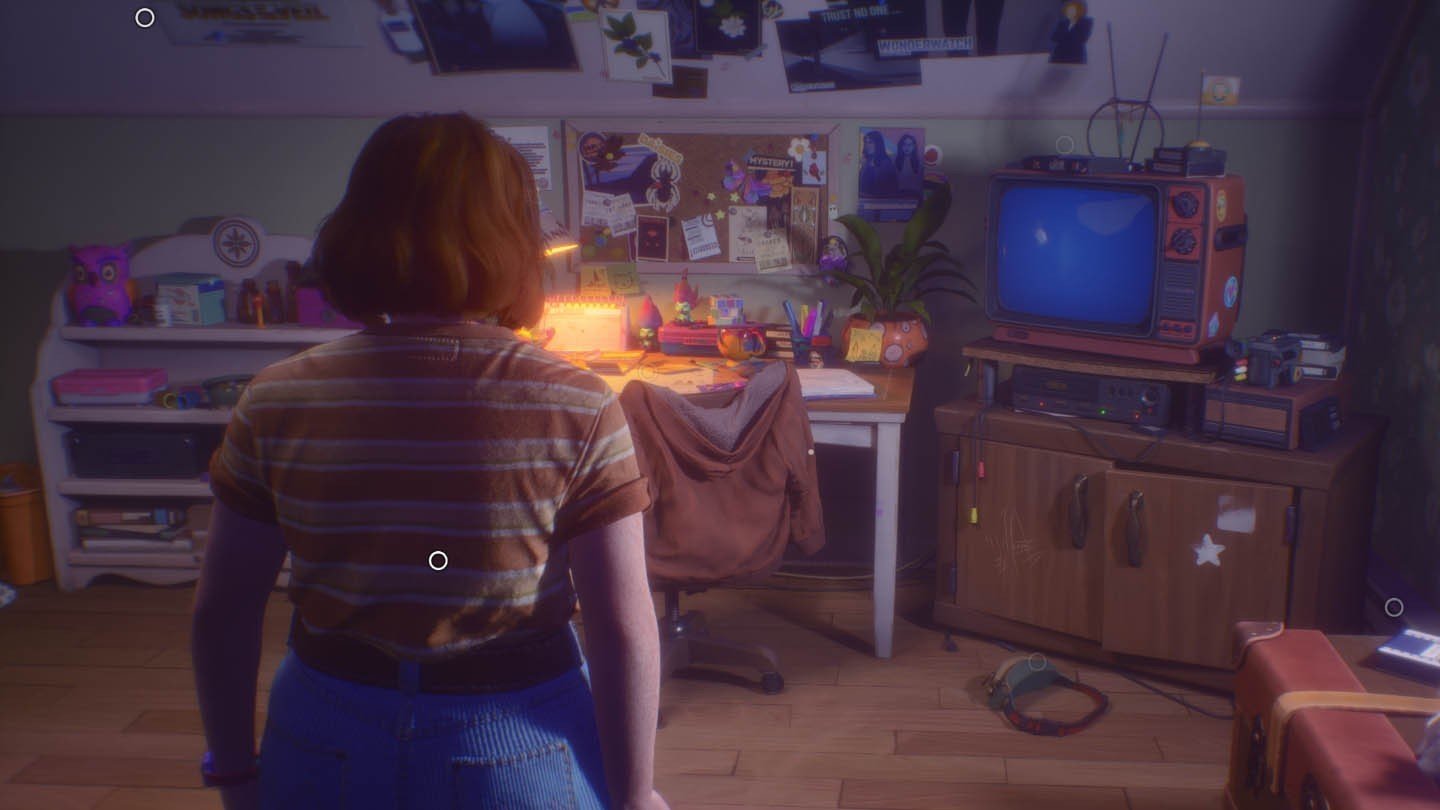 Image: ensigame.com
Image: ensigame.com
I'm not sure how Don't Nod achieves it, but they've created characters that feel genuine. Loud, occasionally clumsy in their youthful idealism, yet incredibly sincere at their core.
Once, I criticized the main cast of Life is Strange: Double Exposure for lacking soul, questioning whether interactive films no longer moved me. It turns out the reason lay elsewhere. Deck Nine doesn't develop personalities as well as their predecessors do.
Swan is charming. She's an ordinary 16-year-old who dislikes herself, worries constantly about her words, and hides behind her video camera. It might sound familiar, as if the studio ran out of concepts for protagonists and decided to revisit its origins. In practice, Swan doesn't feel like a parody of Max Caulfield despite their shared passion for hobbies.
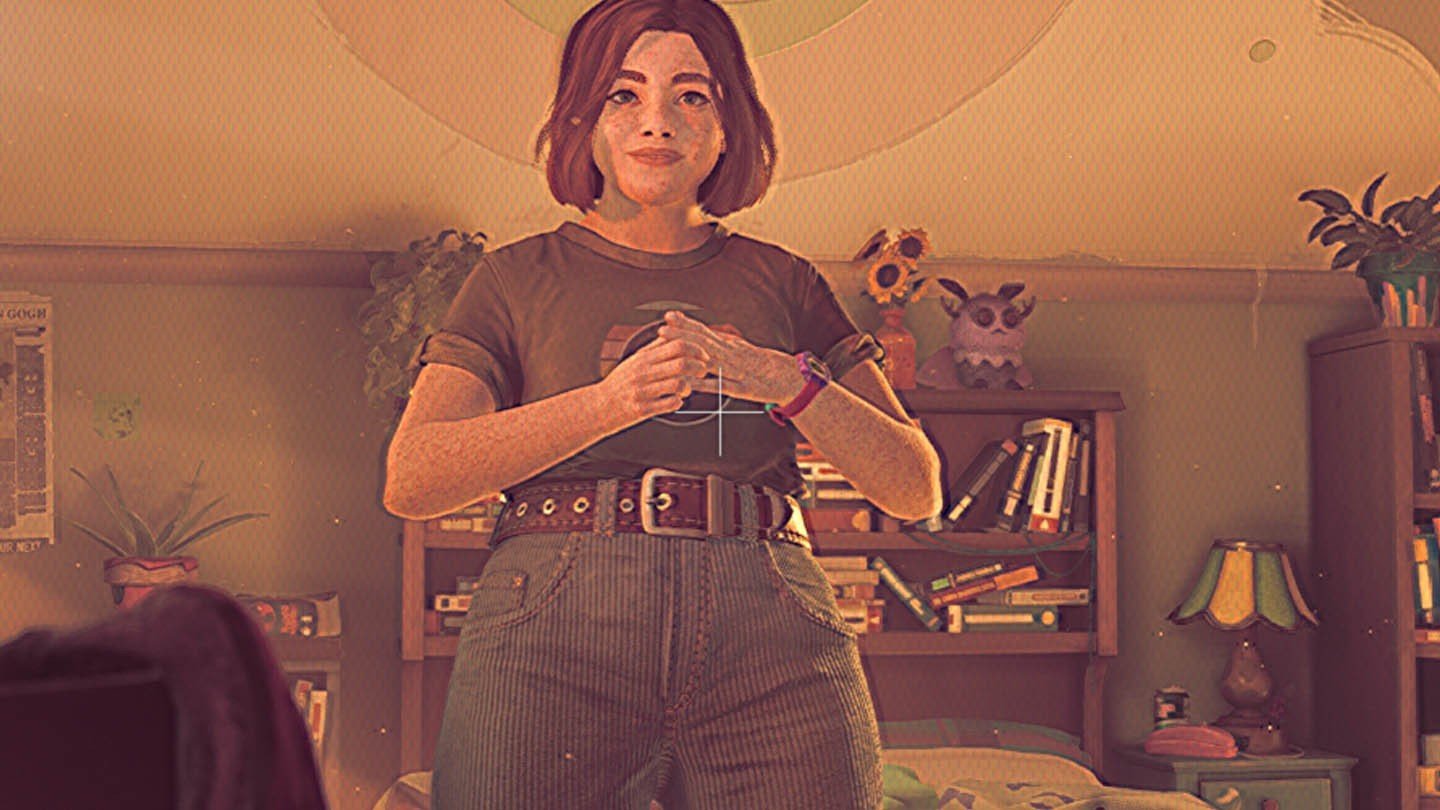 Image: ensigame.com
Image: ensigame.com
Her friends Ottem, Kate, and Nora fit familiar tropes but aren't confined by them. Watching how Nora, the punk girl with colorful bangs and American dreams, behaves in various situations was intriguing. It turns out she's actually the most cautious in the group, while passionate writer Kate often instigates wild antics. She prefers Swan to act more boldly and seize the moment. Ottem appreciates thoughtful and serious individuals.
In such company, you'll once again feel like a teenager who thinks they know everything about life, regardless of your actual age. Lost Records is a journey through time—not only into youth but also into the heart of the '90s.
A Town Worth Dreaming About
Nostalgia permeates every aspect of the game. However, the epitome of this is Swan's room, filled with recognizable artifacts. A bulky TV with tapes, floppy disks, tamagotchis, Rubik's cubes, and troll dolls a true treasure trove for millennials. Every detail invites inspection and appreciation. You can't decide whether to admire or mourn the golden years.
Easter eggs referencing pop culture abound: Sabrina, The X-Files, Tank Girl, The Goonies, Twilight, Casper, Revenge of the Nerds: and these are just movies. There's more: video games like Oxenfree, Night in the Woods, Control, Life is Strange (how could it be omitted), books, and music: House of Leaves, Nine Inch Nails, Nirvana.
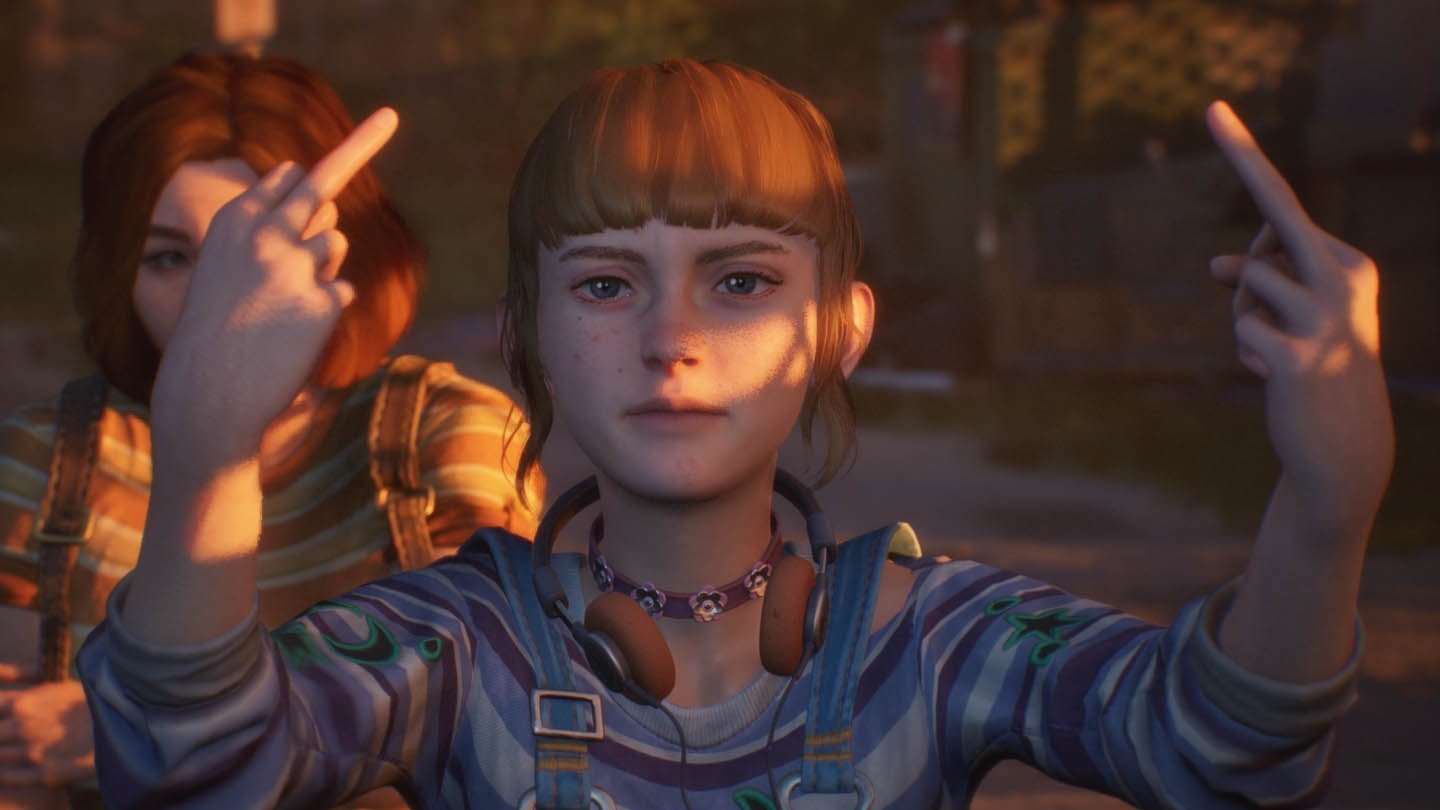 Image: ensigame.com
Image: ensigame.com
The most obvious reference appears in the plot setup: 27 years since the characters last met Stephen King's It.
What stands out is the soundtrack. Kudos to Don't Nod: dream-pop and indie-rock tunes soothe the ears, and See You in Hell deserves a spot in the charts. Initially, I thought the music didn't resonate, but The Wild Unknown has been stuck in my head for two days.
Thanks to the skillful composition of all elements, Velvet Bay becomes an exemplary sleepy American town. Cozy during the day, chilling after dark the more you explore its surroundings, the more Bloom & Rage confuses and intrigues you.
Slow-Paced Plot The Defining Feature of the Story
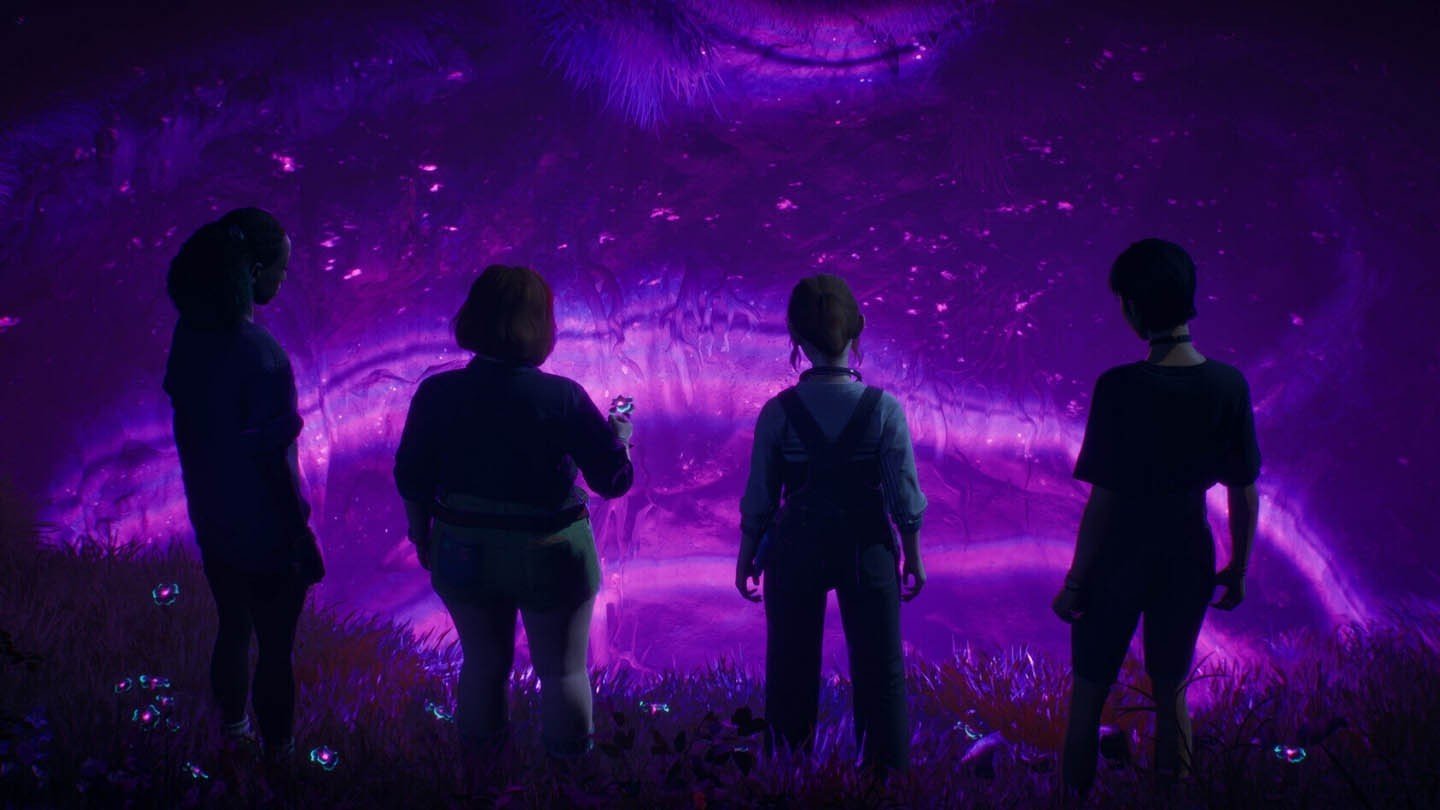 Image: ensigame.com
Image: ensigame.com
The exposition builds so gradually that you may forget about the mystery genre. Unlike Life is Strange, where teenage life transitions relatively quickly into detective work, Lost Records sets a completely different pace. It insists you get to know the characters, strengthen bonds, and experience "that '90s vibe" before the narrative shifts direction.
For me, this isn't a drawback, but it might not appeal to everyone. The situation improves towards the second half of the first episode (or "reel," as it's called here), when the tension rises and creates suspense. The final scene ends with a powerful cliffhanger, promising more excitement in the next installment. This leaves players guessing and theorizing—precisely what the developers aimed for.
Lost Records: Bloom & Rage will transport you to the '90s, even if you've never experienced them. It's a film that understands its audience and doesn't pretend to be anything else. It possesses all the essential elements for success in the genre: relatable characters, engaging interactions, and potential for a high-quality story. Its ultimate legacy will become clear after the release of the second part on April 15th. Hopefully, the French team will weave their magic again, and I eagerly await the conclusion.
Main image: ensigame.com
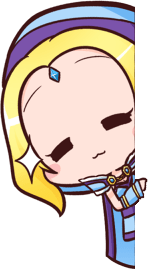
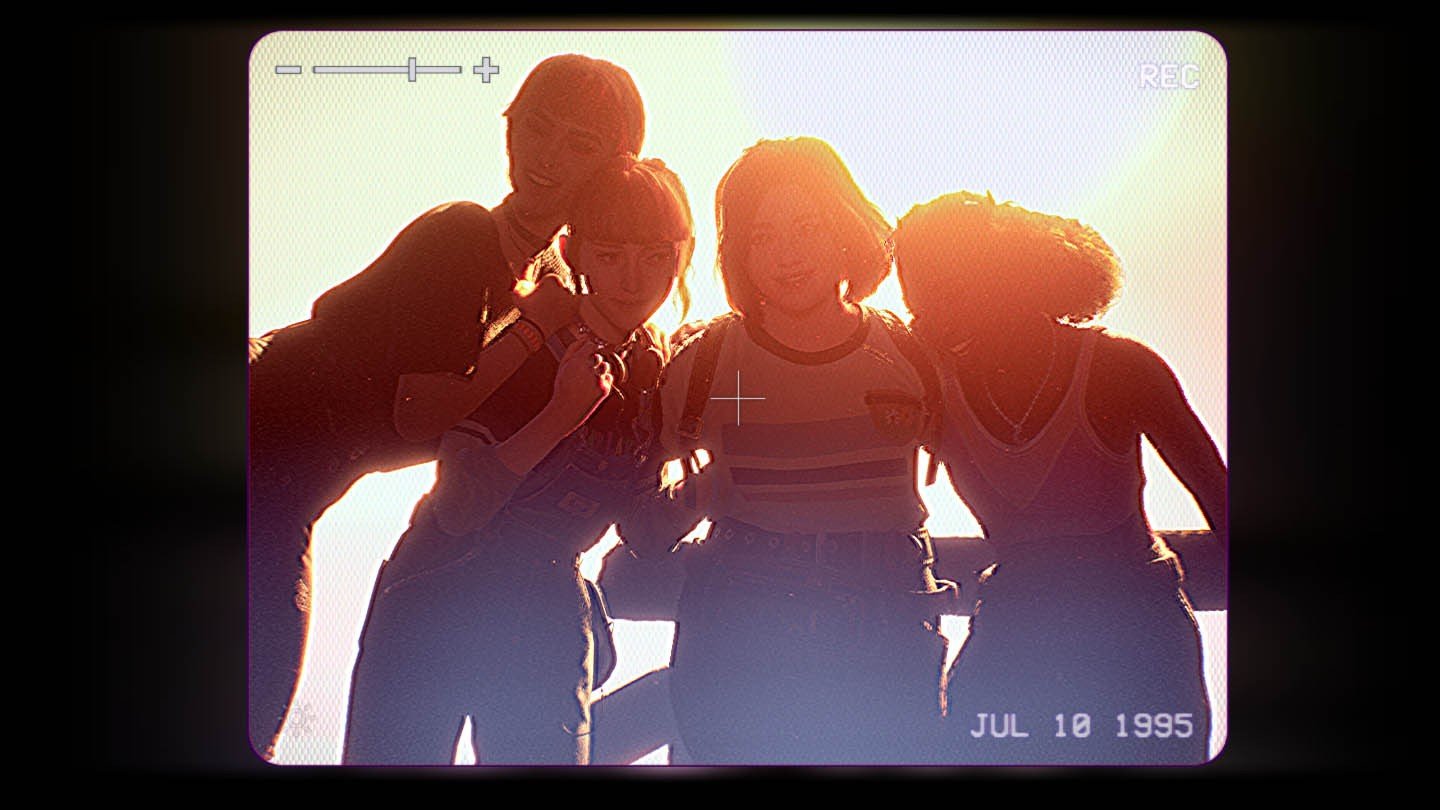
 Alexander "peter bjorn" Fadin
Alexander "peter bjorn" Fadin

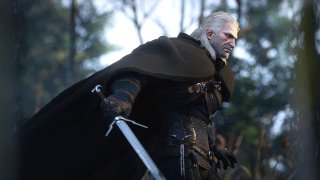



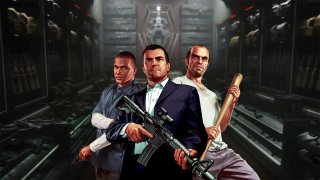
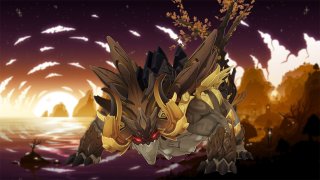


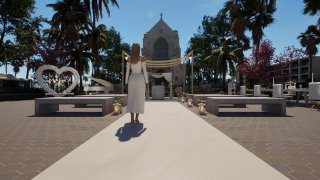
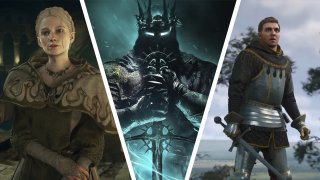

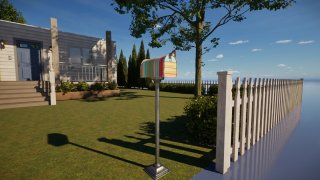


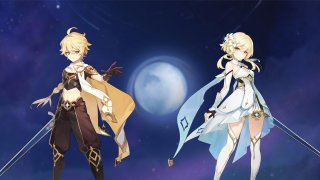


0 comments